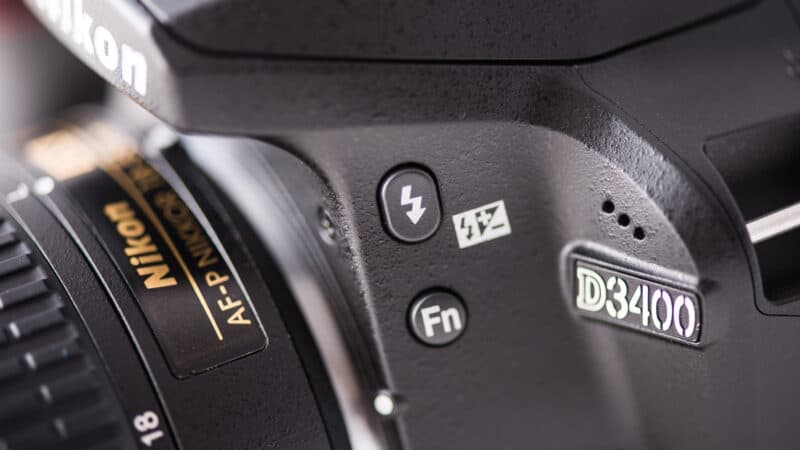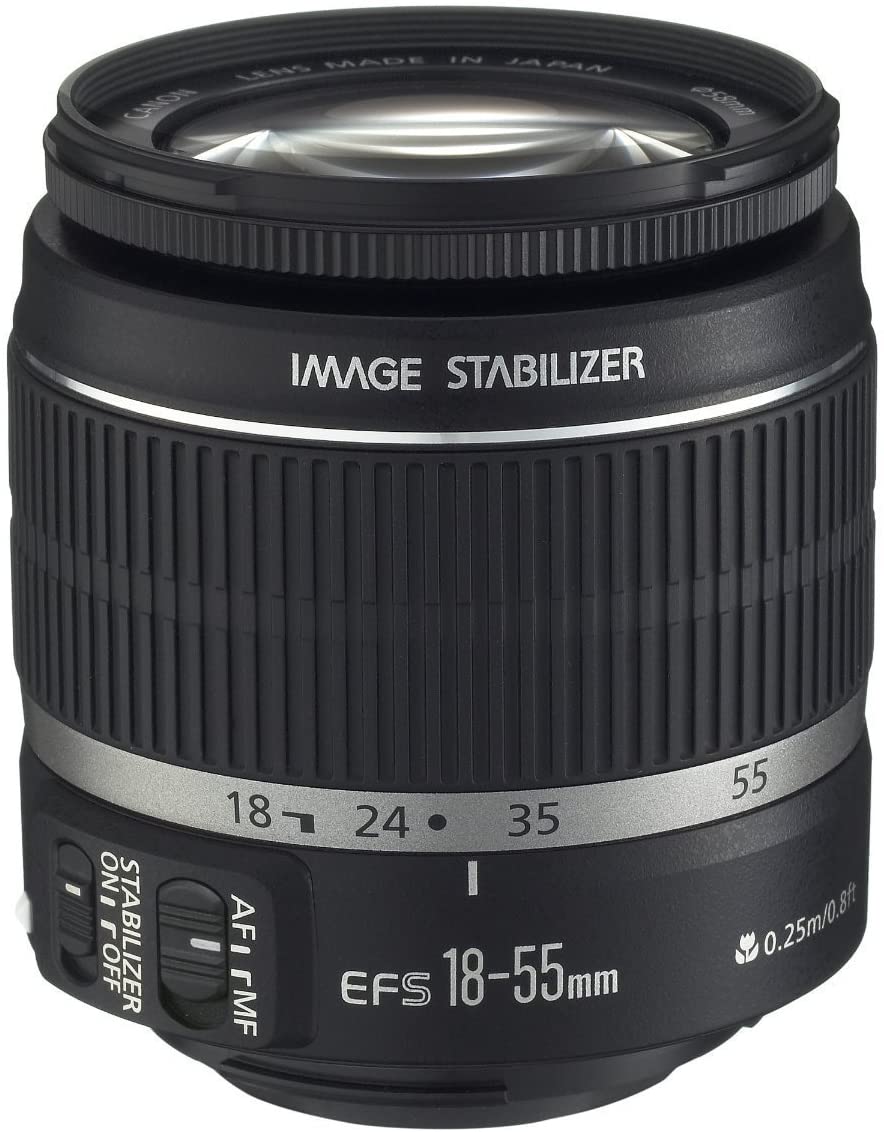
Although night photography is difficult, it is possible. There are some tricks that can help you improve the quality of your night photography. These techniques can enhance your photos and make them look more professional. We'll discuss lenses and exposure options, as well techniques, in this article. You'll be better prepared to face the challenges of low-light and night photography. You'll be able to take the best photos possible.
Guide to low light photography
This comprehensive guide will help you improve your skills as a photographer, amateur or professional. Although many consider night and low-light photography to be difficult and frustrating genres, this book debunks the myths surrounding the subject and will teach you how to capture incredible images in these conditions. Nina Bailey, a former Canon employee and lecturer, has written the guide. It includes many practical tips and techniques to deal with extreme contrasts and other difficult situations. The book also includes assignments and projects that allow readers to practice their skills, and then upload their photos to a website where they can be critiqued.

Techniques
Night photography requires you to set the settings correctly to minimize blurring and camera shake. The settings you choose will make it easier to get great results. Make sure you use a tripod to achieve the best exposure. Aperture Priority, (AP), or Manual modes are the best options. These modes let you control all aspects, including the shutter speed. These are best used for shooting still objects, such as buildings, and they are also the safest. It is important to focus manually. While auto-focus can be easier, manual focus creates sharper photos.
Lenses
Many lenses are available for night photography, even if your budget is limited. Canon EF 24-105mm IS USM IS a high-quality, zoom lens which is great for low-light situations. Its f2.8 maximum aperture makes it ideal for low-light environments, and its image stabilization system provides you with crystal-clear images. You can get the lens at a low price, too.
Exposure modes
Shutter priority mode is one of the best options for night photography. Shutter priority allows the user to select the aperture and shutter speed in order to create beautiful light streaks and stunning landscapes. Make sure to take several test photos before you decide on the exposure that will give you the desired results. For longer light trails you can choose to use slow shutter speeds or a slower shutter speed.

Preparation
Photographing at night requires safety precautions. To avoid damage or fogging, take extra care when using your camera. Proper attire is another critical aspect of night photography. You don't want to make your evening miserable by bringing too many layers. These tips will hopefully help you to capture beautiful photos at night. These are some tips to help you get started if your doubts persist.
FAQ
Cameras: Where to Buy?
Cameras can be purchased online from many different places. B&H Photo Video is a reliable retailer. Their knowledgeable staff can answer any questions that you might have.
B&H ships fast and securely so it is easy to have your order delivered at your doorstep.
Check out this video to learn more about purchasing cameras.
Which Lenses Do I Need?
Beginners often ask, "What lens should I purchase?" There are many options. It can be difficult to make a decision.
You don't have to buy a brand new lens each time you purchase a new camera. You can always add lenses later.
There are three types possible lenses.
-
Wide Angle Lens (14mm - 24mm): These lenses give you a wide angle of view, allowing you to capture more of your subject. Zooming in can be done without affecting image quality.
-
Standard/Normal Zoom Lens (28mm – 70mm): These lenses allow for you to adjust focal lengths and maintain image quality.
-
Telephoto Zoom Lens (70mm-200mm): These lenses can be used to capture distant subjects. These lenses allow you stay focused on your subject even when they appear small.
These lenses can be combined in a variety of ways to create new effects. For example, you could use a normal lens to shoot close-up details and switch to a telephoto lens to capture far away objects.
Is digital photography hard?
Digital photography can be difficult. Learning how to properly use the tools takes effort and time. You must know the right settings for different types shots. Learning by doing is the best way to learn. Practice makes perfect.
Should I start photography as a hobby?
Photography is a wonderful way for you to capture your memories and share them. Photography allows you to see the world from a different perspective.
There are many resources online that will help you take better photos if you're interested in this topic.
You might also consider enrolling in classes at nearby community colleges or art schools. This allows you to meet other photographers who can provide valuable feedback on your work.
What Camera Should I Get
This all depends on who you want as a photographer. If you are just starting out, a basic point-and shoot camera is all you will need.
Once you have mastered the basics you will likely need something more advanced. It really is up to you what you prefer.
These are some important things to think about before you purchase a new camera.
-
Features: Which features are most important? Do you plan to use manual settings, autofocus, or both? How many megapixels is your camera capable of? Is there a viewfinder on your camera?
-
Price: How much will you spend? Are you planning on upgrading your camera every two years?
-
Brand: What brand will you be satisfied with? You shouldn't settle for less.
-
Functionality: Can you use your camera in low light situations? Can you take high resolution photos?
-
Image Quality: How clear are your images and how sharp are they?
-
Battery Life: How long does your camera last between charges.
-
Accessories: Can you attach extra lenses, flashes or other accessories? ?
What can I do to improve my photography skills with my phone?
Great photos don't require expensive equipment! Amazing images are possible with just a smartphone.
It is easy to learn how to use its various features and some basic techniques.
There are many apps to help you edit and share your photos on both Android and iOS.
These five tips will help you take better photos.
-
Set Up Your Camera App. Your device should already have your camera app installed. If your camera app isn't installed on your device, download it from Google Play.
-
Use filters and effects. Effects and filters allow you to alter the appearance of your photos without needing to touch them.
-
Adjust the Exposure. You can control the brightness by changing your exposure.
-
Use the Right Lighting Shooting in bright light makes it easier to see details in your subject. Low light photography allows you to capture shadows and highlights.
-
Take Pictures Of People. Take pictures of people to show them what you love the most.
Learn more about taking better photos with your smartphone by reading our article 5 Tips to Improve Your Photography Skills.
Light Room can enhance your photos.
It is important to begin early in order to have great photos. It's better if you take as many shots possible before you decide on the ones that give the most value.
This is possible because Lightroom lets you see how different settings affect each image. These settings can be adjusted on the fly without having to go back into Photoshop. This lets you quickly experiment with what looks great and what doesn't.
Statistics
- By March 2014, about 3 million were purchased monthly, about 30 percent of the peak sales total. (en.wikipedia.org)
- That's the easiest way to get blurry photos 100% of the time. (photographylife.com)
- In this case, 100% of readers who voted found the article helpful, earning it our reader-approved status. (wikihow.com)
- This article received 13 testimonials, and 100% of readers who voted found it helpful, earning it our reader-approved status. (wikihow.com)
External Links
How To
How to Take Pictures of Yourself
Portraits are important because it shows who you really are. Portraits also tell your story. It's possible to have a favourite picture of yourself, but you are now looking for something different. It is easy to forget the joy of taking photos. These are some tips that will help you get started.
-
Be sure to have sufficient light. It is best to take portraits in the morning, or late afternoon. Flashes should not be used in direct sunlight. It will wash out details. Also, don't shoot at noon. There will be too many shadows.
-
Use a tripod. The camera will not move if it is held still. The camera will not freeze the action. Also, if you do plan on using a flash, prepare your shot without it. Turn off the flash, then try again.
-
Take close-ups. Closeups are great for showing detail. You might find them a little too realistic if your eyes aren't sharp enough. Pay attention to the eyes, noses, and mouths of people. Notice anything unusual? Is someone wearing glasses? Are there freckles on her nose? These elements add depth to a person’s appearance.
-
Do not force smiles. Smiles are tricky. Most people smile naturally when they feel happy, but others don't. It's not natural to make them smile if you force them. What makes you laugh? Perhaps you laugh at silly things, such as a cat jumping through an hoop. You might even love the process of paint drying. Whatever it is, keep thinking about it until you start laughing.
-
Find your creative side. People are often afraid of being boring. However, being boring is not a bad thing. Try to find ways to break away from the norm. For example, you could ask someone to pose with his hands behind his back. You might also suggest that he wears a funny hat.
-
Keep practicing. Practice every day and you will eventually be a better photographer. As you improve, you will be able to see more interesting events around you.
-
Have fun. Shooting photos should be enjoyable. You'll be more inclined to return to the same process if you enjoy it. Plus, you'll probably end up with some really cool shots.
-
Show off your work. Share your photos with family and friends once you have learned how to take great pictures. Tell them why it was taken. Tell them where you went. Tell them about your adventures.
-
Be patient. Sometimes, you won't get it right. It happens to everyone. Don't worry. Just move on to another image.